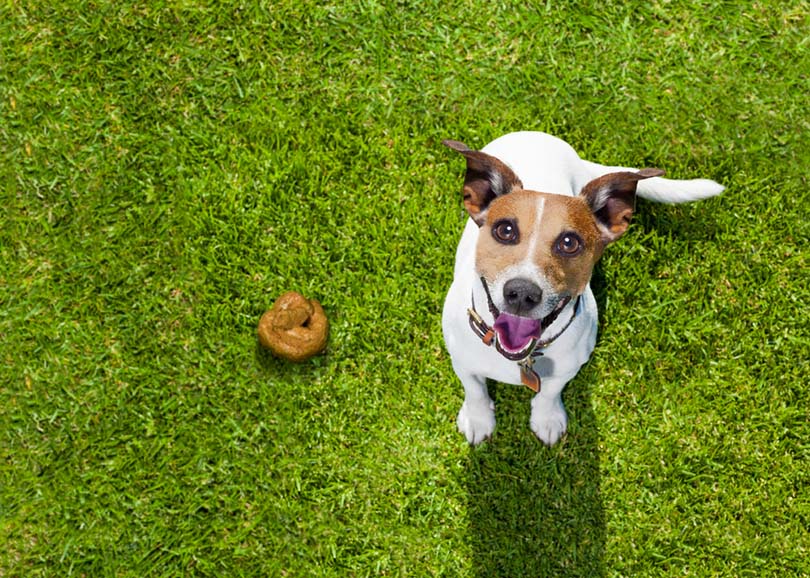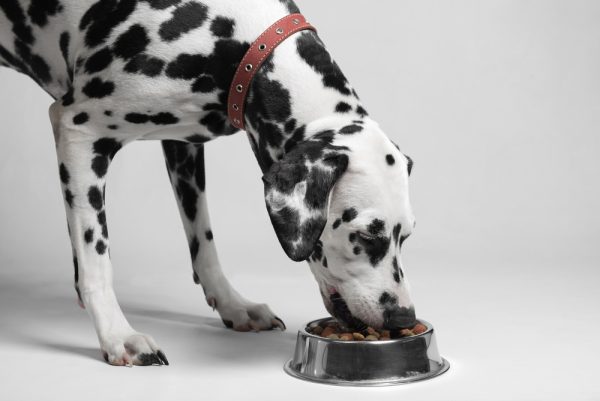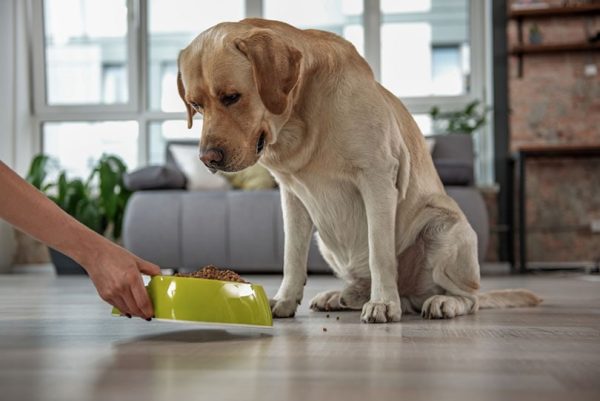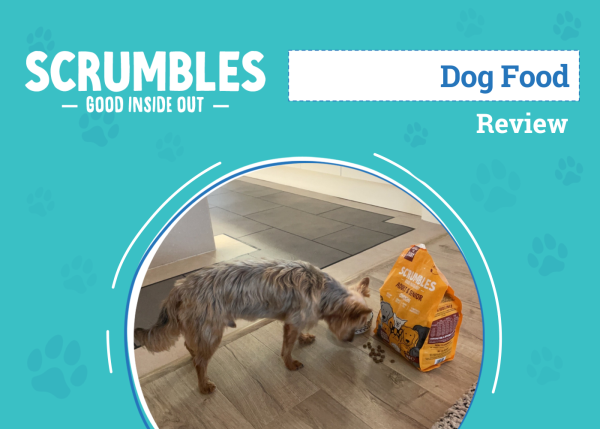In this article
Maybe it’s hard for you to stoop down and pick up after your dog because of your health. Or perhaps you’re just tired of pooper-scooper duty and wonder if it’s really necessary. After all, poop is biodegradable, right?
Well, yes. Don’t worry; your dog’s poop will decompose over time. But it might not be as fast as you expect or as eco-friendly. Even in good conditions, dog poop takes at least 2 months to decompose. Depending on the exact circumstances, it might take longer than a year. Dog poop also generally shouldn’t be left behind outdoors because too much of it can disrupt the local environment. Let’s learn more about the decomposition of dog poop in this article.

Factors That Affect Decomposition
How fast dog poop decomposes depends on a lot of factors. Local temperature and humidity make the biggest difference. You might see complete decomposition in as little as 8 or 9 weeks if it is hot and humid. But as the weather cools, decomposition slows drastically. If you live somewhere with cold winters, it may take a year to decompose completely. And if the area is frozen year-round—like on a glacier or snowy mountain—it might not decompose at all! Soil composition makes a difference, too—the types of bacteria, worms, and other decomposers that flourish in your local soil might speed up or slow down the process.
Another less obvious factor is diet. Herbivore scat is gentler on the environment and decomposes much more quickly than carnivore scat. Dogs are primarily carnivores, but they do eat some plant matter. If your dog is eating a lower-protein, higher-grain food, their poop will decompose faster!
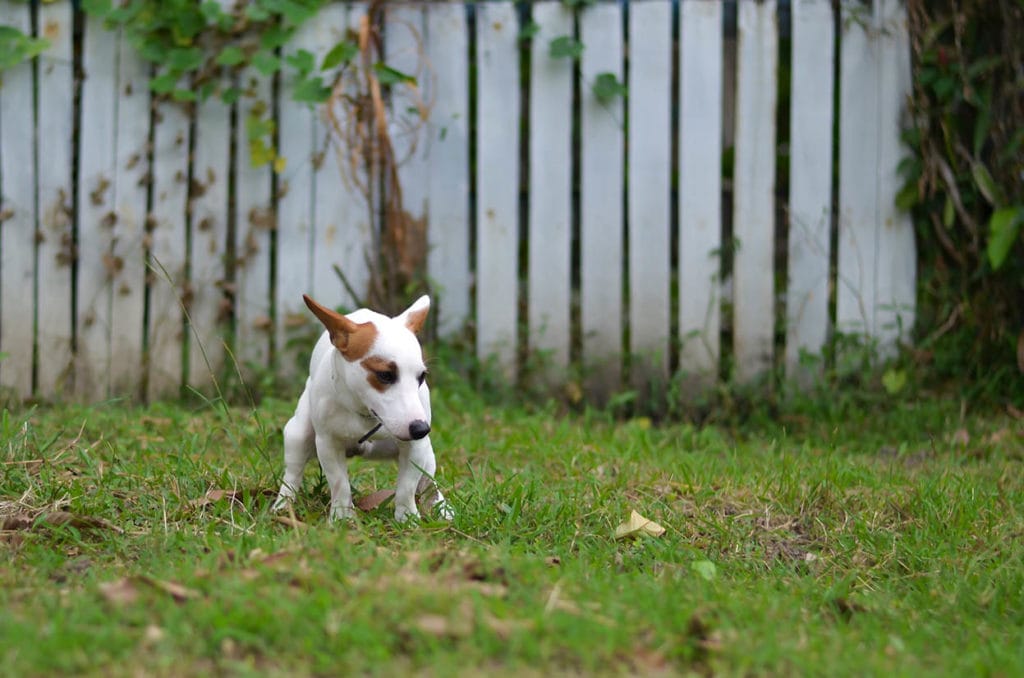
Why Can’t I Leave Dog Poop in Nature?
If you like to hike with your dog or walk through wooded areas, you might be tempted to leave your dog’s poop behind or throw it off the trail. It seems like a no-brainer that if squirrels, deer, and bears are all leaving their poop behind to decompose, there’s not much harm in it. But there are three good reasons to clean up your dog’s poop whenever possible.
- The first goes back to what we said about protein. Carnivore poop is harder to decompose and harder on the environment than herbivore poop. In the wild, there are many more plant-eaters than predators, so most poop is fairly easy to degrade. But adding in the poop of a few dozen extra meat-eaters visiting the area, suddenly it’s piling up faster than it can break down.
- Second, natural areas are supposed to be a relatively closed system. The nutrients in the soil are eaten by animals and eventually return to the soil through decomposition. This means that a balanced ecosystem is mostly self-sustaining. Bringing in a ton of additional poop from outside can ruin that loop. For instance, it might bring extra nitrogen and phosphorus into the soil, throwing off the whole ecosystem. This might not be a problem when hiking in remote areas, but common hiking spots can quickly develop poop problems.
- Finally, dog poop can contain some nasties. Even if your dog seems healthy, you never know what viruses, bacteria, and parasites are passing through. Leaving your dog’s poop in a place where wild animals can get to it might spread disease or invasive parasites. This is also why you shouldn’t use dog poop for compost, especially in a vegetable garden.
What’s the Best Way to Dispose of Dog Poop?
If you want to dispose of poop in an eco-friendly way, you have a few options. Many cities provide doggy-dung recycling and encourage you to put poop in special bins for safe disposal. If you can’t do that, a biodegradable bag is best. Ask your city which bins it should go in if you have multiple bins available.


Summary
There you have it! Dog poop does decompose, but it takes time. Even in ideal weather, it takes a few months to go away completely. In most cases, it’s best to pack dog poop out with you to keep the environment safe and clean.
Featured Image Credit: Javier Brosch, Shutterstock
